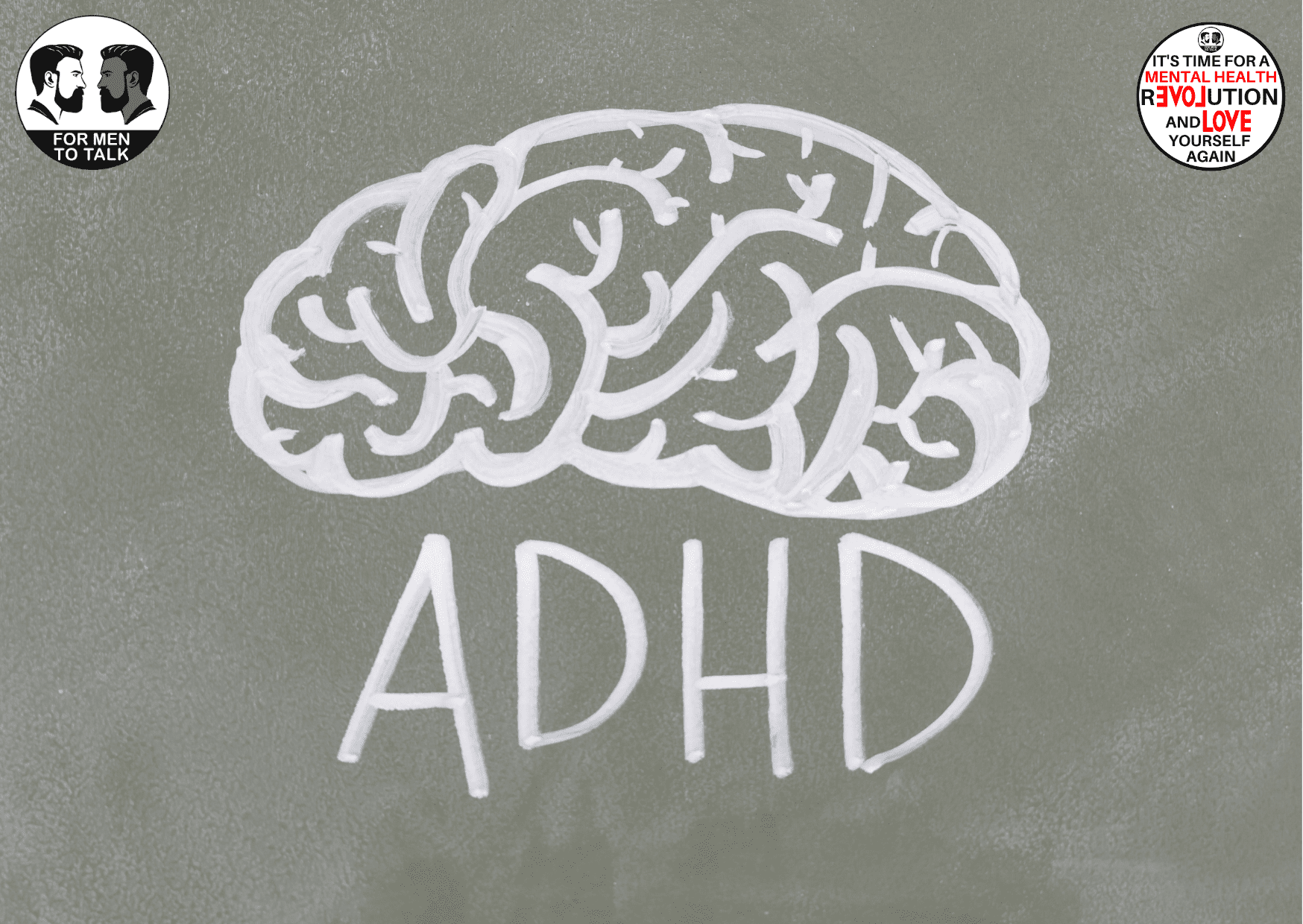When it comes to men’s mental health, attention deficit hyperactivity disorder (ADHD) can have a significant impact

Sam Thompson, from Made in Chelsea, struggles in his life with inattention, disorganisation and hyperactivity. Turning 30, Sam wants to finally figure out why. In a recent Channel 4 programme, does Sam have ADHD? Watch it via https://bit.ly/3pC8we1
It is increasingly recognised that attention deficit hyperactivity disorder (ADHD) can persist into adulthood and many men are being diagnosed with ADHD later in life. There are several reasons why ADHD may go undiagnosed or overlooked in childhood and only become apparent in adulthood:
- Symptom presentation: ADHD symptoms can manifest differently in adults compared to children.
- Coping mechanisms: Some individuals develop coping mechanisms or strategies to manage their ADHD symptoms as they grow older, which can mask the condition. However, these coping strategies may become less effective in adulthood.
- Misdiagnosis or underdiagnosis: ADHD may be misdiagnosed or overlooked in childhood due to various reasons, including lack of awareness or understanding of the disorder, stigma surrounding mental health or the presence of our symptoms that overshadow ADHD symptoms.
- Life transitions and stressors: Major life transitions, such as starting college, entering the workforce, or becoming a parent, can exacerbate ADHD symptoms.
When men are diagnosed with ADHD in adulthood, it can have significant implications for their mental health and well-being. They may experience a sense of relief and validation, understanding that their struggles are due to a neurodevelopmental condition rather than personal failings. At the same time, the diagnosis can bring about challenges, including the need to reevaluate their self-perception, manage emotions related to the past experiences, and develop strategies to cope with their symptoms.
ADHD is characterised by persistent patterns of inattention, hyperactivity, and impulsivity that significantly impact an individual’s daily functioning and quality of life.
In terms of symptoms, individuals with ADHD may struggle with maintaining attention and focus, being easily distracted, having difficulty organising tasks, being forgetful, frequently losing or misplacing things, being excessively restless or fidgety, talking excessively, and engaging in impulsive behaviours without considering the consequences. However, it is important to note that the specific symptoms and their severity can vary among individuals.
When it comes to men’s mental health, ADHD can have a significant impact. Here are a few ways it can affect them:
- Self-esteem and self-image: Men with ADHD may struggle with low self-esteem and a negative self-image due to their difficulties in meeting societal expectations and achieving goals. They might face criticism for being seen as lazy, disorganised or unreliable, which can further contribute to feelings of inadequacy.
- Emotional well-being: ADHD can affect emotional regulation, leading to mood swings, irritability and difficulty managing stress. Men with ADHD may experience intense emotions, such as frustration, anger or impulsivity, which can strain relationships and contribute to anxiety and depression.
- Relationship challenges: ADHD can impact interpersonal relationships, as individuals with the disorder may struggle with communication, listening attentively and maintaining focus in conversations. This can create misunderstandings and frustration for both the individual with ADHD and their loved ones.
- Work and academic performance: Men with ADHD may face difficulties in maintaining attention, staying organised and completing tasks on time, which can negatively impact their work or academic performance. This can lead to feelings of underachievement, job dissatisfaction and increased stress.
It is important to note that while ADHD can present challenges, it is also associated with strengths such as creativity, hyperfocus and out-of-the-box thinking. With an accurate diagnosis, individuals can access appropriate support, including medication, therapy, and practical strategies for managing ADHD symptoms. Cognitive-behavioral therapy (CBT), psychoeducation, and skill-building techniques can help individuals develop effective organisational skills, improve time management, enhance self-regulation and address associated mental health concerns.